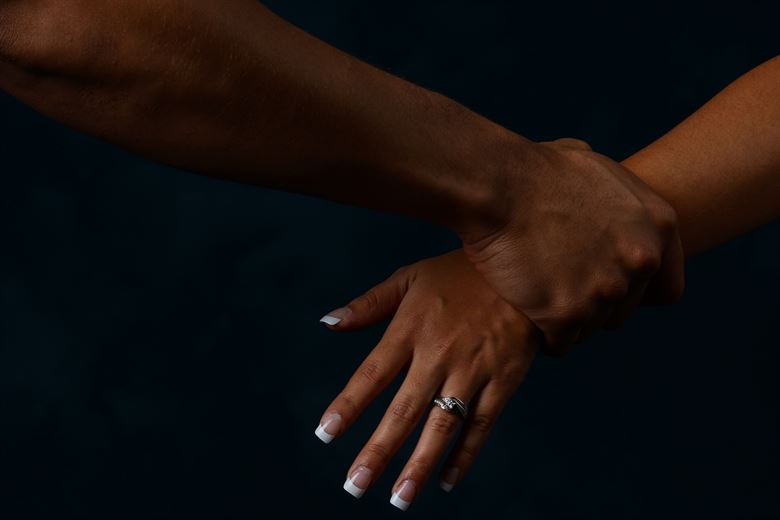With the media focus so firmly prioritised on the handling of Brexit, attention on the Government’s domestic agenda has understandably waned in recent times. However, criticism surrounding an upcoming domestic abuse bill has highlighted the intersect between victims of domestic abuse and individuals with insecure immigration status – proving the inescapable effects of Brexit on all areas of government policy making. One report has found that 27 out of 45 BAME migrant domestic abuse victims were reported to immigration services from police forces in 2015-2016 – most likely a result of the hostile environment policy that was introduced by the Home Office during this time. Furthermore, it has been found that BAME migrant domestic abuse victims statistically stay silent for 1.5 times longer than their white, British-born counterparts –due to anxieties surrounding their future in the UK in the wake of a Spouse Visa curtailment after divorce.
In a minimal way the bill does make positive steps forward by introducing the first statutory definition of domestic abuse to include emotional, financial, and physical abuse whilst creating a domestic abuse commissioner who will hold central and local government to account. But unfortunately, the practical difficulties raised by the design of the bill far outweigh the positives for both those British-born and migrant who are attempting to extricate themselves from an abusive relationship. As noted by the Home Office Select Committee’s report, one major issue is the handling of Universal Credit – a benefit that is currently paid to a household rather than to individuals. Many claimants refuse to request their share be split from their partners for fear of their reaction and are thus incapable of the financial autonomy needed to leave the abusive relationship. More specifically concerning for migrant women, many police forces continue to share the details of abuse victims with the Home Office for the purposes of immigration control – a practice that directly contradicts the Government’s stated objective that all vulnerable migrants, including those in the UK illegally, receive the support they need regardless of their immigration status. With a noted decrease in specialist services for BAME victims of abuse leaving them especially vulnerable, the critical report called for more understanding of their complicated support needs.
In response to both the original bill and the resultant Home Office Select Committee’s report, charities have responded with their own individual concerns. Whilst Refuge largely supported the government’s plan and hoped that the new Act would bring the ‘sea change’ needed to offer abuse sufferers – both migrant and British-born – the relevant support, Imkaan responded by releasing their own alternative bill to directly address specific failings for migrant BAME women that existed in the original. Calling for a specialised policy framework for migrant women, those with insecure immigration status, and those with no recourse to public funds, the alternative bill highlights the nuanced legislation needed to effectively protect migrant women from their abusers that is lacking from the original.
The practicalities that an abuse survivor would need to carry out in the wake of extreme emotional trauma are multiple. Faced with a Marriage Visa curtailment, victims of domestic abuse must begin a long process in order to ensure that they are permitted to remain in the UK. To complicate matters, an overhaul by the coalition government in 2012 removed the option of Legal Aid (government funding for legal fees) for victims of domestic abuse. Currently if you wish to apply for Leave to Remain as a victim of domestic violence, you can only do so as the former spouse or partner of a British citizen. However, these rules do not apply where the primary applicant (usually the husband) has yet to be granted settlement. For partners trapped in abusive relationships, these circumstances further force them to remain with their partner in order that they also can remain in the country. Victims who have been placed in a refuge will most likely not have access to public funds and will become unable to support themselves – making them eligible to apply for short-term leave under the destitute domestic violence concession. However, to be successful, an applicant must fully prove that
-
they have been granted leave to remain as a partner;
-
the relationship has broken down as a result of domestic violence;
-
they need to access public funds in order to leave the relationship; and
-
they intend to apply for leave to remain as a victim of domestic violence.
If they are successful, the applicant will be granted a restricted three months leave to remain in the UK with access to public funds.
Whilst some limited support options are provided for abused migrants, often a combination of cultural isolation and a lack of confidence in language skills further forces many victims into a fearful silence. This recent bill does not do enough to support individuals vulnerable to an acutely traumatic domestic situation, and the government’s misguided focus on creating a hostile environment for illegal immigrants must not go so far as to blind us to the human vulnerabilities of those in our country.
This article has been written by Alice Williams, political commentator at the Immigration Advice Service

